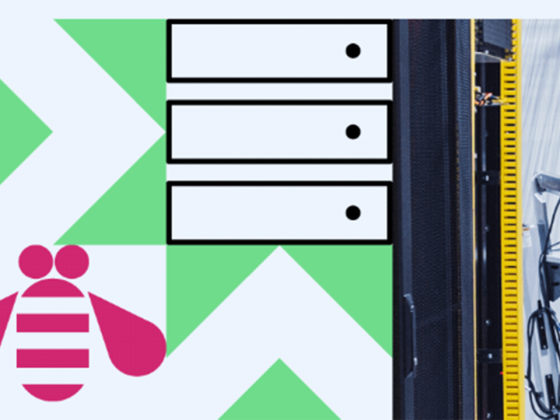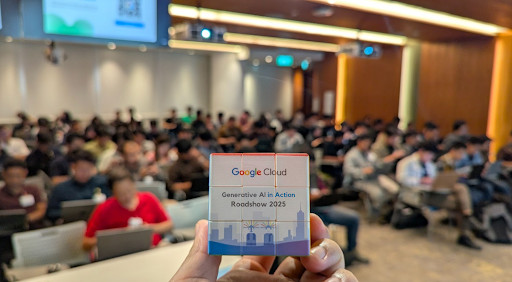Changing our language
If you follow Canonical’s code and documentation, you may have noticed that we’re slowly changing some common computing terms. You might wonder what has caused these changes. You might ask why Canonical is putting in the effort to make this more inclusive language stick.
The changes at Canonical are part of a bigger movement in the tech community, and we are bringing our products in line with new standards. This is also a way for us to do better. Inclusive language is a way to live by the Ubuntu Code of Conduct. It’s also a way to make both tech and the wider world a better, more welcoming place.
From our partners:
What is “inclusive language”?
Generally, inclusive language means using precise technical terms that do not leave out marginalised groups or carry needless emotional or historical baggage.
In practice, this means reviewing terms that’re commonly used in tech, and deciding whether it could be improved with less harmful, more welcoming, and ultimately clearer wording.
It doesn’t mean that these words should be banned from our language entirely, or that they should never be used in any context. Rather, it’s simply admitting that these words are counterproductive for our goals in the tech world, and that we are all better off if we do things differently – and better – moving forward.
Why is inclusive language important?
Inclusive language carries plenty of benefits to justify using it. It reduces barriers to participating in tech spaces. Inclusive language also makes the tasks of writing and translating technical writing much easier.
Words with emotional or historical baggage bring the wrong things to mind. They’re loaded with unintended meanings that they weren’t meant to have, and those who are affected by them can’t escape. These words distract from whatever we were trying to say. Likewise, metaphors and idioms can make it hard for non-primary speakers to understand a text or translate it. Using inclusive language can solve all of these issues at once.
More importantly, inclusive language shows respect for others. Not only does it show welcome and safety – it lets everybody, no matter their background or identity, to reach their full potential at work, in the community, and beyond.
“When someone is able to truly be their authentic self within a workplace,” notes Iain Kendrick, People Director at Canonical, “and feel comfortable that there is no sense of repercussion or challenge around them as an individual, people are more effective in their work, more comfortable within their workplace, and ultimately can be more productive and happy.”
Toward a more inclusive future
Will making these changes instantly make Canonical’s products and processes more inclusive? No. It’s not a cure-all – it’s just the first step.
So, is it worth it to change these words? The answer is a big yes. Professional standards change all the time, and Canonical should live up to those standards. We know the reasons behind these changes are important, and so Canonical welcomes them. We’re moving quickly to line up with the new expectations.
We’re not stopping there, however. Canonical wants to be a partner to even more change.
For the past year, Canonical has helped in the work of the Inclusive Naming Initiative. This is a joint effort to “promote and facilitate replacing harmful and exclusionary language in information technology.” Canonical is now a sponsor of the INI. This means giving financial and personnel support to make sure it can fulfill its mission.
In addition to being a sponsor, Canonical wants to help shape the future of inclusive language in tech. Our employees have created a rich replacement wordlist for our own products. This wordlist embraces the INI’s most urgent concerns and its future goals. We are grateful to the work and effort of the companies that came before us on inclusive language. Likewise, Canonical hopes to lay important building blocks for the challenges and opportunities to come.
“If you go back to how we founded ourselves as an organisation,” says Kendrick, “that concept of Ubuntu – of humanity for all – has always been central to Canonical’s mission. We see ourselves as an organisation that truly wants to have a positive social effect on the world. And I think it would be remiss of us if we didn’t support our global community and the everyday users of our products by being as inclusive as we possibly can.”
By Monica R Ayhens-Madon
Source Ubuntu
For enquiries, product placements, sponsorships, and collaborations, connect with us at [email protected]. We'd love to hear from you!
Our humans need coffee too! Your support is highly appreciated, thank you!








